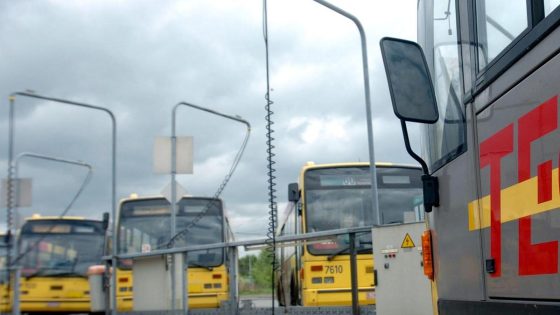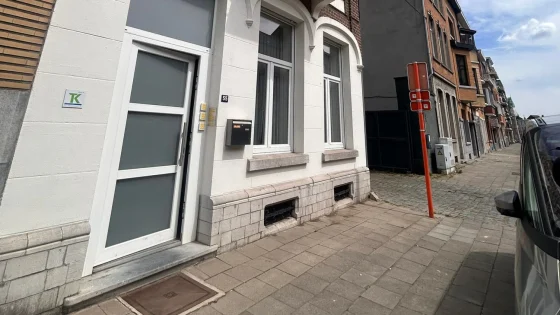An unexpected TEC bus strike shocked commuters in the Liège-Verviers region on Wednesday, 2025-05-15 17:44:00. No buses ran, leaving passengers stranded and the TEC management unable to organize any service. The strike followed an incident involving a bus driver and two passengers in Oreye, Liège province.
- Unannounced strike disrupted bus services Wednesday
- Strike triggered by alleged aggression against driver
- Surveillance footage proved driver fabricated incident
- Passengers were victims, not aggressors, confirmed
- Minister urged imposing minimum service during strikes
- Frequent strikes severely impact public mobility and society
Initially, the strike was sparked by alleged aggression against a TEC bus driver, who claimed he was threatened and assaulted by two intoxicated passengers. However, new security footage revealed a different story, showing the driver initiating the violence. This revelation has raised serious questions about the strike’s justification and its impact on daily commuters.
How could such a misunderstanding escalate into a full strike? And what does this mean for TEC users frustrated by repeated service disruptions? The answers shed light on the ongoing challenges facing public transport in Wallonia.
What lessons can be learned from this incident? It highlights the fragile relationship between TEC staff and passengers, and the consequences of hasty industrial action:
- The importance of verifying facts before striking to avoid unnecessary public disruption.
- How emotional strikes affect daily commuters, students, and workers relying on TEC buses.
- Calls by Walloon Mobility Minister François Desquesnes for minimum service levels to prevent future paralysis.
Moving forward, will TEC implement stricter protocols to balance employee concerns with passenger needs? Ensuring transparent communication and minimum service during disputes could prevent similar disruptions and restore public trust in Belgium’s bus network.

































